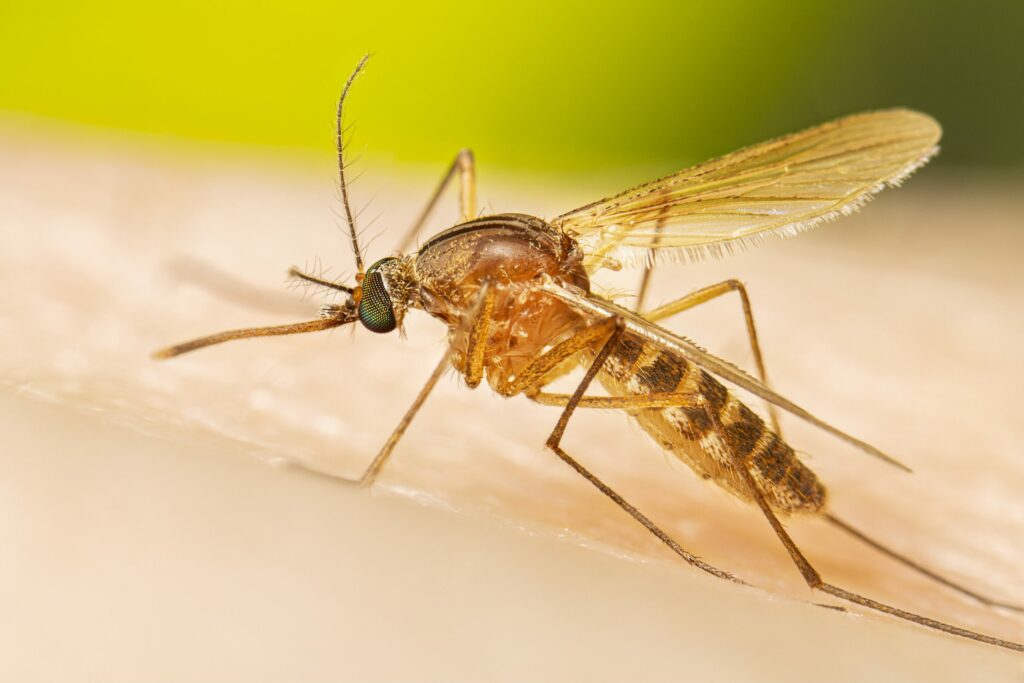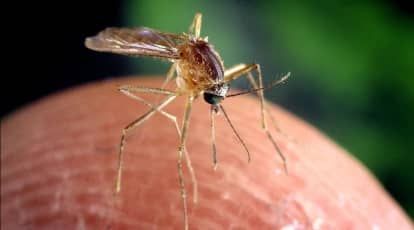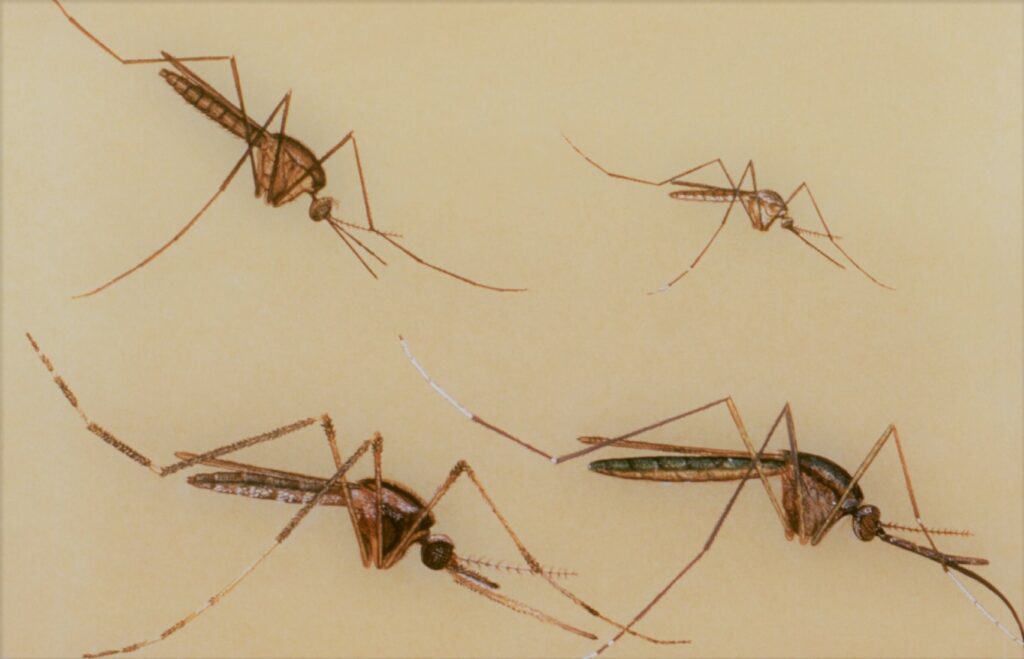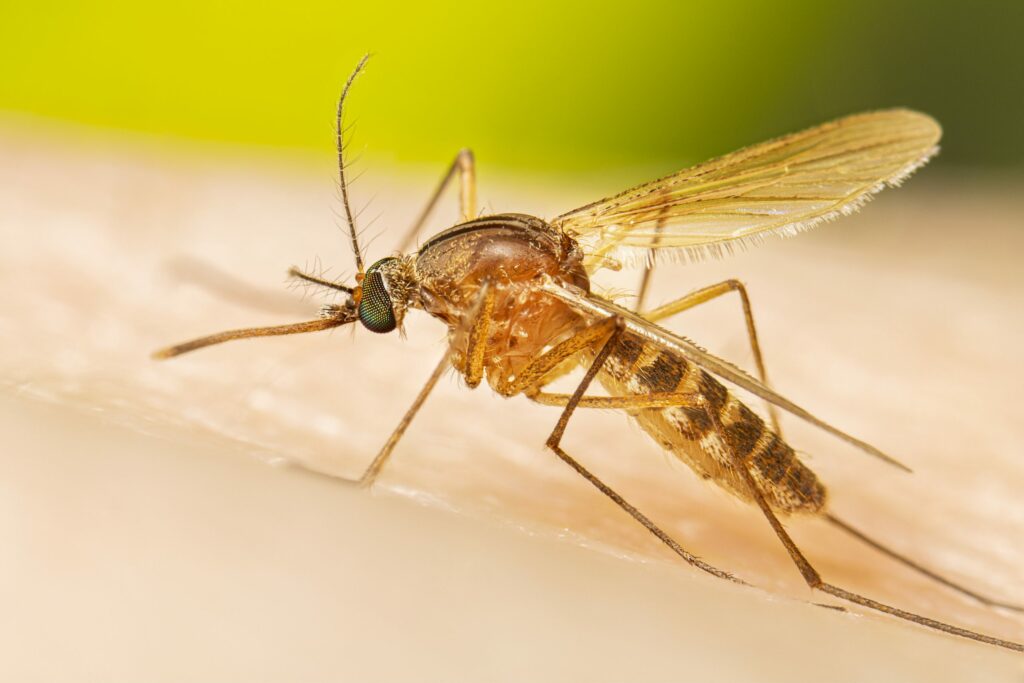Humans can take revenge on mosquitoes by deactivating their sperm, reveals new study

New research into the protein profile of the Culex mosquito’s could allow for new environment-friendly methods to control mosquito populations.
The researchers are hoping that the research on Culex mosquitos will also apply to other mosquito species.
The only animal that kills more humans than humans themselves are mosquitoes.

According to the World Health Organisation, mosquito-borne diseases are responsible for more than 700,000 deaths annually.
But according to research by the University of California, Riverside, (UCR) we might finally be able to take our revenge—by shutting down their sperm.
In the research published in the journal PLOS ONE, researchers have detailed a full portrait of all the proteins in the Culex mosquito’s sperm. This is the mosquito genus that spreads diseases like brain-swelling encephalitis and West Nile River virus. This research makes it likely that the proteins responsible for activating mosquito sperm can be deactivated–which will prevent them from swimming to and fertilising eggs.
“During mating, mosquitoes couple tail to tail, and the males transfer sperm into the female reproductive tract. It can be stored there awhile, but it still has to get from point A to point B to complete fertilization,” said Cathy Thaler, the study’s first author, in a press statement. Thaler is a cell biologist at UCR.
According to Richard Cardullo, corresponding author of the study, the sperm cannot penetrate the eggs without those proteins, meaning that they will not move, eventually just degrading and dissolving. Cardullo is a biology professor at UCR.

Studying mosquito sperm
As you can imagine, studying the sperm of mosquitoes is not easy.
The research team, which consisted of both graduate and undergraduate students had to first isolate 200 male mosquitos from a larger population. After that, they extracted just about enough sperm from the tiny reproductive tracts for mass spectrometry equipment to detect and identify the proteins.
A more environment-friendly method to stop mosquitos
There is a reason why the researchers set out to extract mosquito sperm and it is not because they haven’t heard about bug spray or Odomos. The kind of protein profiling done in this research can help produce more environment-friendly methods of stopping mosquitoes.

According to Thaler, pesticides are dangerous because they can kill almost indiscriminately—wiping out both good insects and bad insects, while also harming other animals and microbes.
Also, this could help researchers create a method to control mosquito populations instead of eradicating them completely. While we may not consider it much when getting bitten by them, mosquitos also play an important role in many ecosystems. For example, they play an important role in pollinating many plants.
This new technology could be used to change the ratio of fertile and infertile males in a certain mosquito population to carefully control it instead of wiping them out completely.
Also, the team is hoping that what they learned in this research on Culex mosquitos can also be used for other species of mosquitos. With the climate crisis, mosquitos are now moving into newer areas that were previously too cold for them, according to UCR. This could mean that more and more humans will have to face the threat of mosquito-borne diseases like malaria.
Source: Indian Express






